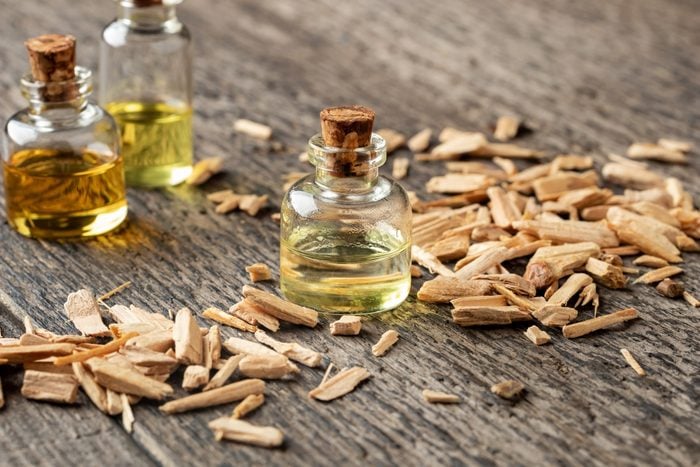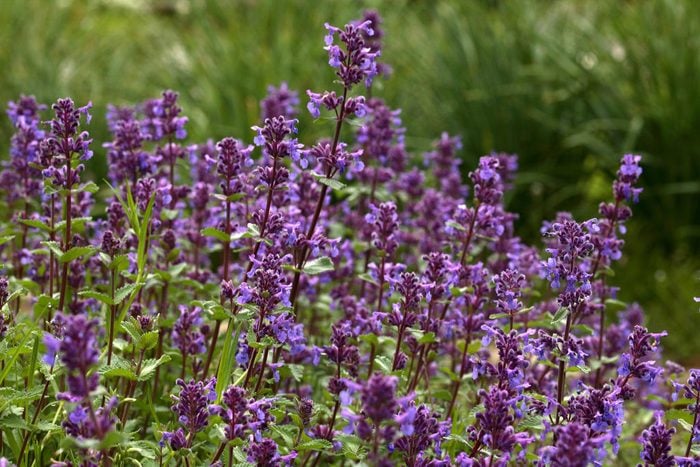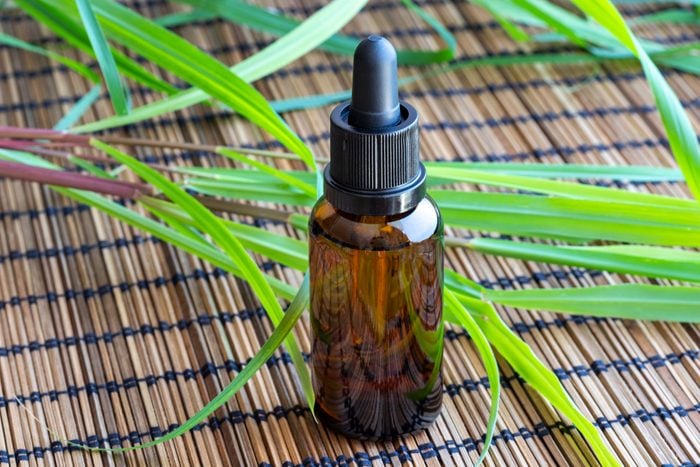Cockroaches are universally unwelcome. Learn what smells deter cockroaches so you can keep them from darkening your door.
Our editors and experts handpick every product we feature. We may earn a commission from your purchases.Learn more.
Cockroaches are universally unwelcome. Learn what smells deter cockroaches so you can keep them from darkening your door.
Our editors and experts handpick every product we feature. We may earn a commission from your purchases.Learn more.

Naturally derived herbal-based essential oils are a well-known repellent in the cockroach world. They emit strong, pungent odors that overpower these bugs. They’re not only effective at driving cockroaches back, but generally safe to use around food and food prep surfaces.
The National Institute of Health (NIH) evaluated five popular oil compounds — eucalyptus, mint, yarrow, oregano and rosemary — and found oregano oil the most effective and longest-lasting. Its strong, spicy, sharp odor is shown to dispel cockroaches.

Lavender (aka Lavandula) is a species of flowering plant in the mint family. Used for centuries for medicinal and cosmetic purposes, cockroaches hate the smell of this fragrant, purple flower.
Spread this roach-rebuffing perfume by creating a homemade concoction of lavender oil and water to spray in cockroach-infested areas. Add about 10 to 15 drops of lavender essential oil to one cup of water and put into a spray bottle. The misted aroma will not only discourage roaches, but offers an excellent stress reliever for humans too.

Chrysanthemums produce a natural deterrent to cockroaches called pyrethrum. The artificial version, pyrethroid, is an active ingredient in many manufactured pesticides commonly used to control a host of invasive pests.
You can also create a spray with naturally-derived chrysanthemum oil to keep these disgusting insects at bay.
According to Ed Spicer, manager at Pest Strategies, “Planting chrysanthemums around the house and keeping potted chrysanthemums in the kitchen are two ways of repelling cockroaches. It would take quite a few of them, no more than a foot apart to create a barrier, but conceivably it could be done.”

Although no hard scientific evidence exists, it’s believed cockroaches hate the smell of the Osage orange, more commonly known as a hedge apple. This bumpy, green fruit is a time-honored repellant.
The smell of an Osage orange has been described as between citrusy and woodsy with an astringent quality. Urban apartment dwellers have been known to solve their roach problems by scattering these softball-sized fruit in corners, under the kitchen sink or in bowls displayed on countertops.
The fruit will last a few weeks. If you’re worried about it rotting, try this oil instead.
Want to grow Osage oranges in your backyard? Why not buy and plant a bare root tree? This fast-growing, small-to-medium-size tree will bear fruit at around 10 years of age in U.S. Department of Agriculture Plant Hardiness Zone 5.

Traditionally used to combat wool-eating moths in closets, cedarwood chips/cedar shavings or cedar oil give off a pungent, earthy aroma that deters cockroaches.
Mist “cedar water” (i.e. strained water with cedar shavings soaked overnight), drizzle cedar oil or scatter chips in spots where cockroaches like to hide out. The strong smell can last for days.

Another naturally occurring scent solution that’s known to fend off cockroaches is beta-pinene, the main component of turpentine.
Found in pine and cedar trees, parsley sprigs and many other types of vegetation, beta-pinene is safer than traditional chemical pesticides, posing less risk to the environment.
Caution: Like other solvents, beta-pinene is flammable and may cause eye, skin and respiratory irritation. Not recommended for use around children and pets. You must be 21 to purchase it.

Did you know the olfactory sense organs of cockroaches are on their antennae, feet and mouths? And these “feelers” can pick up the presence of catnip?
Catnip (aka Nepeta cataria) contains the chemical nepetalactone. Like other compounds on our list, catnip discourages but won’t kill roaches. Stuff small sachets with catnip clippings and strategically place the bags where cockroaches would also find water and food.
You can also use catnip leaves as you would loose-leaf tea to create “catnip tea.” Spray it along baseboards, inside cabinets and under sinks.

Citronella candles are traditionally used to repel flying insects, like mosquitos and gnats. To date, there’s no real proof that burning citronella candles or coils works against cockroaches.
However, according to the Environmental Protection Agency’s Oil of Citronella fact sheet, citrus-based citronella is categorized as a bio-pesticide (biochemical). The report suggests putting drops of citronella oil around the home to ward off cockroaches.